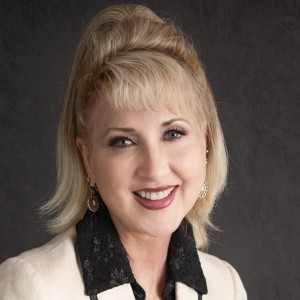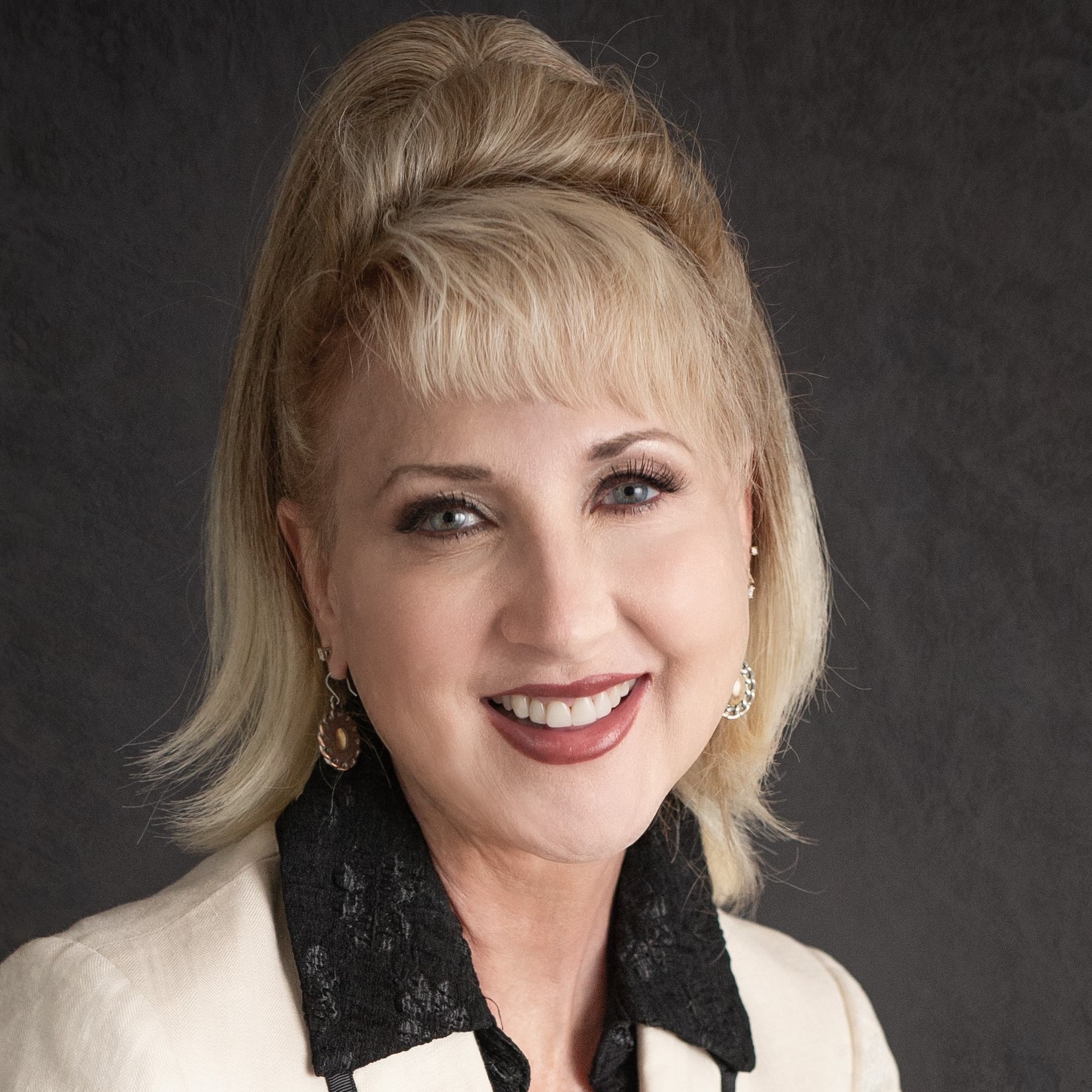Episodes

Monday Apr 22, 2024
Why Can't I Believe in You?
Monday Apr 22, 2024
Monday Apr 22, 2024
Today Cinthia continues a conversation she began a few weeks ago with the episode “Why Don’t You Believe Me?” Trust is impacted by many factors on both sides of a relationship, and it is difficult to sort out when our fears indicate legitimate warning signs about another person and when they signal our own trust issues or immaturity. (And sometimes both can be involved!)
Believing anything is always a risk. The only thing that is sure is God, and we have a lot of trouble trusting Him. But some trust is better-placed than other trust. How do we know whether our disbelief is warranted?
A commitment to reality is important here. Deciding we can trust someone just because we hope we can gives us little foundation for confidence; trusting based only on our own hope is not a strong plan. Trust is different than liking someone, and trusting someone does not ensure that they will become what we want them to be. However, believing someone is always a risk, and waiting for a guarantee of the future will mean we never engage in relationship. So when we have some real evidence that someone is trustworthy, we have the option to “trust but verify,” to trust while we wait and see.
Have you ever been “beaten up” emotionally because of someone’s fears? It really isn’t your responsibility to make another person feel safe, though it is your responsibility to be a safe person. In any relationship, even with ourselves or God, trust is scary. Fear is a very powerful emotion, and we have to respect fear to a certain extent. We have to accept it when someone else is afraid, and, when their concerns are based on things we have done or neglected to do, we need to address this. We should not demand trust when we have not earned it. But sometimes people come after us because of their own fear. Sometimes people just stay afraid no matter what we do, and we reach the what-more-can-I-do stage. Sometimes the relationship ends by the time the person finally trusts. When people don’t trust your intentions and keep testing you over and over again, it is important not to let your own reality become skewed. Remind yourself that that person is having a feeling. That does not necessarily mean it is true. Jesus had to die for us before people they believed in His love, even though people needed to believe in Him. We still struggle with the question of whether He loves us after everything He does for us. It is exhausting to constantly have to prove yourself.
If you are the one afraid, recognize where your fear is coming from. Is it about this person because they have given me reason to fear, or even because I don’t know them well yet, or is the fear coming from me because of past hurt? Take responsibility when your alarm systems are about the past and not about the person in front of you. Differentiate between the person in front of you and the person who hurt you, especially if they remind you of that person. Don’t let the person who harmed you get in the way. Kids constantly want more justification for their belief in you; if you are not a little kid, don’t let your brain believe the fear.
This applies to our relationships with God, as well. Cinthia explains that she knows she believes in God, that she can hold Him accountable for His words, that He welcomes her challenging Him, and that she does not disrespect Him. But that does not mean she always feels like she can trust Him or feels like she believes Him, etc., because it’s not just about feelings. Do you have history with God? Christ? The Holy Spirit? Your friends? Your doctor? Your neighbors? Your spouse? Can you relax with that person even when you are having an off-day, or does your trust in them change with the wind? Do you only believe when your feelings line up, or when you get your way? You can’t have relationship without some level of trust that overrides the up and down feelings. Cinthia explains, “We trust people more than we trust God. And I’m with you on it --- I like to be able to see what I’m trusting, too. I want it to manifest in front of me. I want it to be a sure thing because I don’t want to get hurt. But these are important risks to take.” She explains that, despite her struggles, she keeps putting herself back on track, redoing her thought processes, holding herself accountable for what she chooses to believe. And, she says, God understands her struggles: “He knows I struggle with belief. He doesn’t take it personally. He doesn’t get offended.”
One of the most beautiful things in life is to be able to trust the person that you love and have them trust you. But trust takes time and work. Sometimes people will disappoint our expectations. We can trust more when we learn to deal with disappointment because, if we truly believe someone, we can be harmed, hurt, let down. Even with God, we sometimes have expectations for Him, and He does not always do what we want Him to do or what we assume or hope He will do. But what if we don’t believe in anyone, which often means we don’t really trust ourselves? Belief in something does not make things true, but neither does not believing in them. We need to be able to relax and enjoy the life we have. If people let us down occasionally, we can heal. It is childlike to constantly let trust go up and down with our feelings, and we will get very scared. Immature relationships can sometimes be recognized by constant questioning (though there are other presentations of this, as well).
Some of our trust in God has to be based on the belief that He knows things we don’t, and we will have to be willing to engage with Him honestly and respectfully when we have real feelings. Even with fallible human beings, trust is not impossible, though it involves learning to expect integrity and not perfection (e.g., the willingness to acknowledge and fix mistakes rather than the ability to never make them). Even when we claim not to trust anyone, we get through our days by maintaining some level of trust in our cars, our jobs, the grocery clerk, the bank system, the chairs on which we sit. We go to sleep trusting that we will wake up. We can trust while we are waiting to see what is going to happen. Think about the areas of your life in which you do trust.
Reality can feel harsh, but we need to live in it. Believing in anything is a risk, but not believing in anything doesn’t make reality easier. Trust takes time. We have to see the evidence. It isn’t about whether they are doing it perfectly; it’s about time and overall trustworthiness. There is not a person on the planet who will never hurt you. We are so vulnerable when we trust, and we have to heal from the wounds when we get hurt. But difficulty with trust can move into other areas of our lives.
Ultimately, the adult parts of our selves have to make the choices about who to trust rather than allowing our younger parts to decide this. The adult parts of us have to look for trustworthiness, not perfection. They have to consider issues like compatibility, communication, respect, and fixing mistakes, as well as emotional intelligence and attempts to understand your perspective. Only you can decide to take a risk on a given relationship. Every human is a risk. However, relationship is a wonderful thing on which to risk. It is worth being hurt sometimes to have basically-healthy human relationships. So trust while waiting. If you have a hard time trusting God, talk to Him about it. Tell Him all the reasons. He really loves to come into that conversation.

